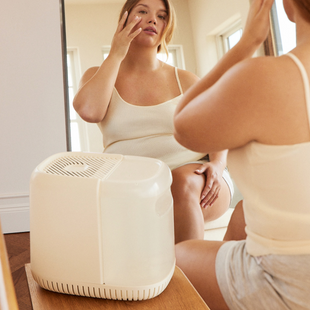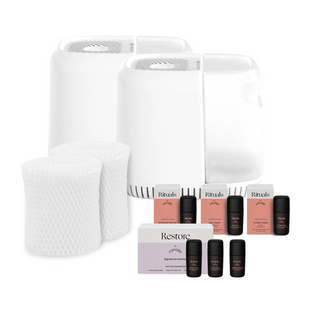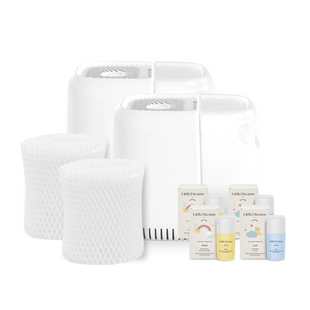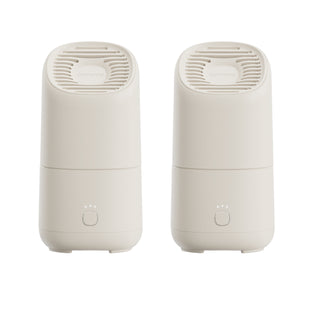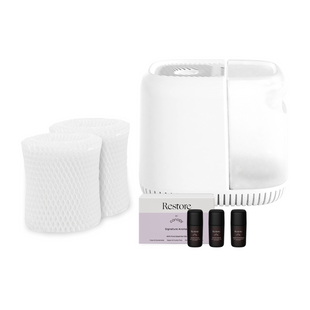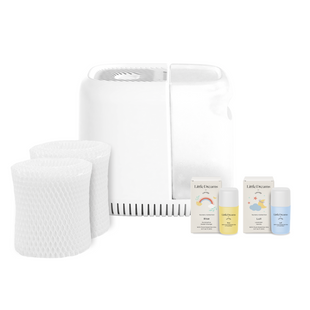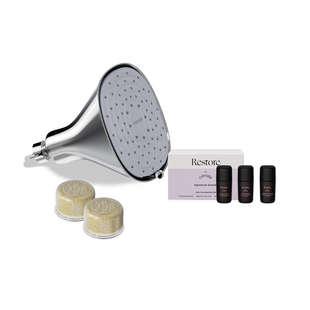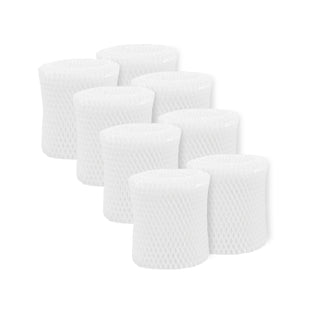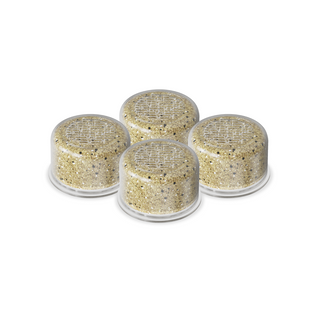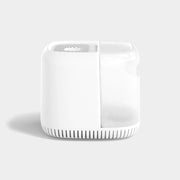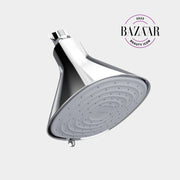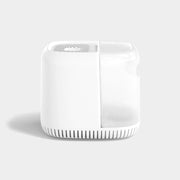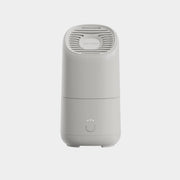Good morning! The birds are chirping, the sun is tickling the sky, and… oh, no. You can’t breathe out of your nose.
How can you have congestion when you went to bed in perfect health and with a clear nasal passage to bat? Did you catch a bug through the night?
Breathe (through your mouth, of course), and let’s talk about stuffy noses.
Why Does My Nose Get Stuffy at Night?
You may be interested to learn that a stuffy nose is not always a nasal cavity jam-packed with lots of fun “treasure.” In fact, a stuffy nose is the result of a swelling in the tissues of your nasal cavity.
While we most often associate a stuffy nose with a cold or the flu, a stuffy nose can be triggered by a number of common, and often harmless, factors. A stuffy nose feels worse at night or after a long slumber because of a little thing we call: gravity.
Standing in the upright position allows mucus to drain from the nose normally; a free flow of mucus generally means a clear nasal cavity. When you lie down, mucus gets trapped in the nose with nowhere to go, so it remains in place and accumulates.
To top it off, blood pressure changes in the lying down position. More blood flows to the upper extremities, causing a swelling in the tissues, which results in a narrower nasal passage. Pair an accumulation of mucus with a narrower nasal passage, and temporary congestion is inevitable.
Common Causes of a Stuffy Nose

A traffic jam of mucus doesn’t just happen out of thin air; it has to come from somewhere. A stuffy nose can result from a wide variety of triggers, but the most common causes of a stuffy nose are:
- A cold or the flu
- Sinus infection
- Allergies
- Excessive use of nasal sprays
- Pregnancy
- Nonallergic rhinopathy (nasal irritation caused by non-allergy irritants like dry air, alcohol, spicy foods, strong odors, etc.)
How Do You Prevent Nasal Congestion at Night?
We now understand why nasal congestion increases through the night, and we are left with the question: how do you prevent nasal congestion at night?
Use a Humidifier
A humidifier is one of the most helpful resources to reduce nasal congestion or stuffy nose through the night.
Using a humidifier year round is essential. During the fall and winter months, humidity levels dip as temperatures dip and the heat is on. During the summer months, your AC sucks the humidity out of your indoor airThese low levels of humidity can cause an uncomfortable home environment and, if left unchecked, can take a toll on your health. Central heating and regular air conditioner use will only exacerbate a dry air problem in your home.
A humidifier works to increase relative humidity (RH) in your home to achieve an optimal level between 40% and 60%. When home humidity levels are too low, your body lacks the key moisture it needs to function at maximum capacity.
In particular, low levels of humidity in your home can dry the cilia (small, hair-like structures that trap mucus) in your nasal airway, which causes mucus to crust and harden. The result of hard mucus is uncomfortable congestion or, potentially, a bloody nose.
A humidifier will increase the moisture in your bedroom environment, which will help to keep your cilia properly lubricated. This necessary lubrication will help to clear your nose of mucus build-up overnight preventing a stuffy nose in the morning.
Canopy humidifiers have an auto mode feature that increases humidity output through the night when your body needs it the most. Breathe easy and enjoy your mornings congestion-free!
Additional Tips
Using a humidifier and elevating your head are two of the most effective ways to address common cases of nightly congestion.
There are, however, a few additional DIY tips you can incorporate in your daytime and evening routines to improve congestion through the night. They are:
- Place pillows under your head to slightly elevate your shoulders and head.
- Drink plenty of clear, sugar-free, and non-alcoholic fluids throughout the day.
- Reduce the frequency of cigarette smoking or use one of many smoking aids to break the habit.
- Avoid snacking or eating a complete meal within 2 hours of going to bed.
- Enlist the help of a nasal wash or saline spray to loosen mucus in your nasal cavity before bed.
- For simple tips to address congestion in your baby or small child, you can read our blog post How to Cure Congestion in Babies
If you suffer from chronic nightly congestion or you experience difficulty breathing through the night, you should speak with your doctor. The tips provided in this blog should not replace consultation with a licensed medical professional. Your doctor can effectively prescribe or recommend OTC medications for allergies, sinus infections, acid reflux, GERD, and more.

